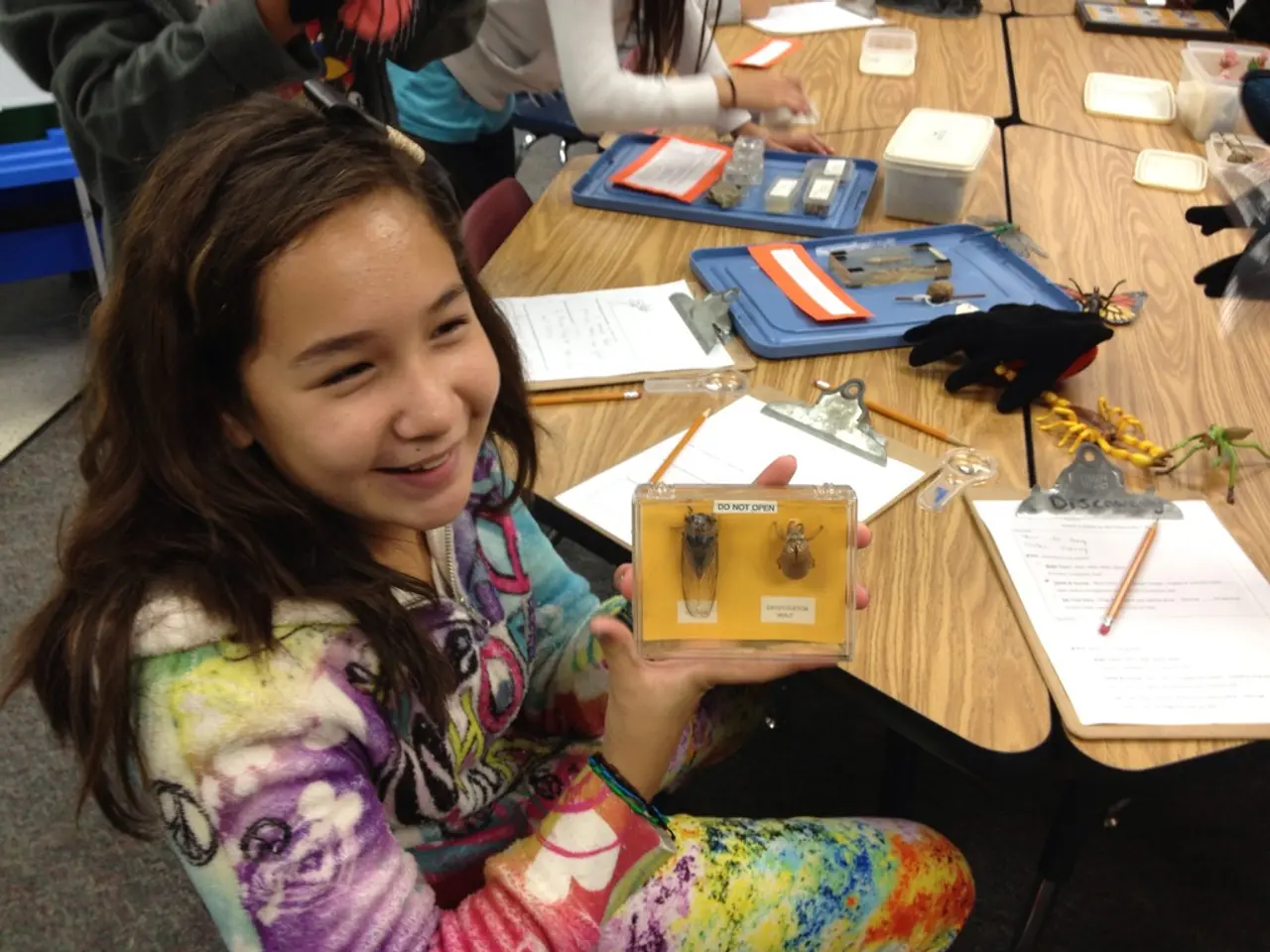Comparing the Difficulty Level: IB HL Chemistry versus HL Biology [A Look at Student Perspectives]
IB HL Chemistry and IB HL Biology are two challenging science subjects that demand a high level of academic rigor from students. Each subject presents its unique set of challenges and requires a different skill set.
IB HL Chemistry
IB HL Chemistry requires students to master complex conceptual topics such as atomic structure, bonding, reaction kinetics, equilibrium, and organic mechanisms. The subject also places a significant emphasis on mathematical problem-solving and data analysis, with students expected to complete an extensive experimental program involving 60 hours of practical work, a collaborative science project, and an independent scientific investigation.
The challenges in IB HL Chemistry include time management during exams, conceptual rigor, especially in multiple-choice questions, and maintaining high lab accuracy, error analysis, and consistent data interpretation. The subject is statistically harder to pass due to its complex problem-solving and lab precision [1][3][5].
IB HL Biology
IB HL Biology, on the other hand, requires students to handle a large volume of memorization and conceptual understanding across diverse topics such as cell biology, genetics, ecology, and physiology, with additional HL subtopics like origins of cells, viruses, and gene expression. The challenge here is less on mathematical problem-solving and more on absorbing detailed content, understanding complex biological processes, and applying knowledge across interconnected systems.
In IB HL Biology, the Internal Assessment (IA) requires interpreting biological patterns, variability, and effective use of secondary research. The subject can feel overwhelming due to content density, while HL Chemistry stresses students with problem-solving under pressure [1][2][5].
Differences Between the Two Subjects
| Aspect | IB HL Chemistry | IB HL Biology | |------------------------|----------------------------------------------|-----------------------------------------------| | Core difficulty | Conceptual understanding + mathematical rigor; understanding chemical reactions, rates, and equilibrium | Extensive memorization and understanding biological systems and processes | | Practical component | 60 hours lab work + collaborative and independent investigations with focus on experimental design and data analysis | Practical work with focus on experimental biology, data collection, and interpretation (less emphasis on calculations) | | Assessment focus | Problem-solving, data analysis, applying formulas, and chemical equations | Conceptual recall, understanding processes, and applying biological principles | | Skill emphasis | Analytical, quantitative, and critical scientific inquiry skills | Conceptual understanding, system integration, and memorization | | Exam challenges | Timed multiple-choice and problem-solving questions requiring quick reasoning | Exams requiring detailed written explanations and diagrammatic representations |
In essence, IB HL Chemistry challenges students to think quantitatively and experimentally with heavy math and theory integration, while IB HL Biology challenges revolve around mastering a broad and detailed biological knowledge base with less focus on quantitative problem-solving [1][2][5]. Both demand strong independent scientific investigation skills but differ in content nature and cognitive skill emphasis.
Choosing Between the Two Subjects
For students aiming for medical, pharmacy, or life sciences degrees, IB HL Biology is often preferred. On the other hand, for engineering programs, IB HL Chemistry or IB HL Physics may be more relevant.
IB HL Biology is content-heavier and more time-consuming due to the volume of material, though less conceptually demanding. For students who enjoy remembering details and systems, IB HL Biology may be a better fit. IB HL Biology covers topics such as cells, genetics, evolution, physiology, ecology, and multiple systems (nervous, endocrine, respiratory, immune).
IB HL Chemistry requires high lab accuracy, error analysis, and consistent data interpretation. The subject covers topics such as stoichiometry, energetics, kinetics, equilibrium, and organic chemistry.
Expect to spend 7-10 hours per week per subject for IB HL Chemistry and HL Biology.
Learning IB HL Chemistry requires students to excel in areas such as mathematical problem-solving, data analysis, and complex conceptual topics like atomic structure and organic mechanisms. Understanding chemical reactions, rates, and equilibrium is crucial in this science subject [1][5].
On the other hand, education and self-development in IB HL Biology revolve around extensive memorization and understanding biological systems and processes, including topics like cell biology, genetics, and ecology [5].




